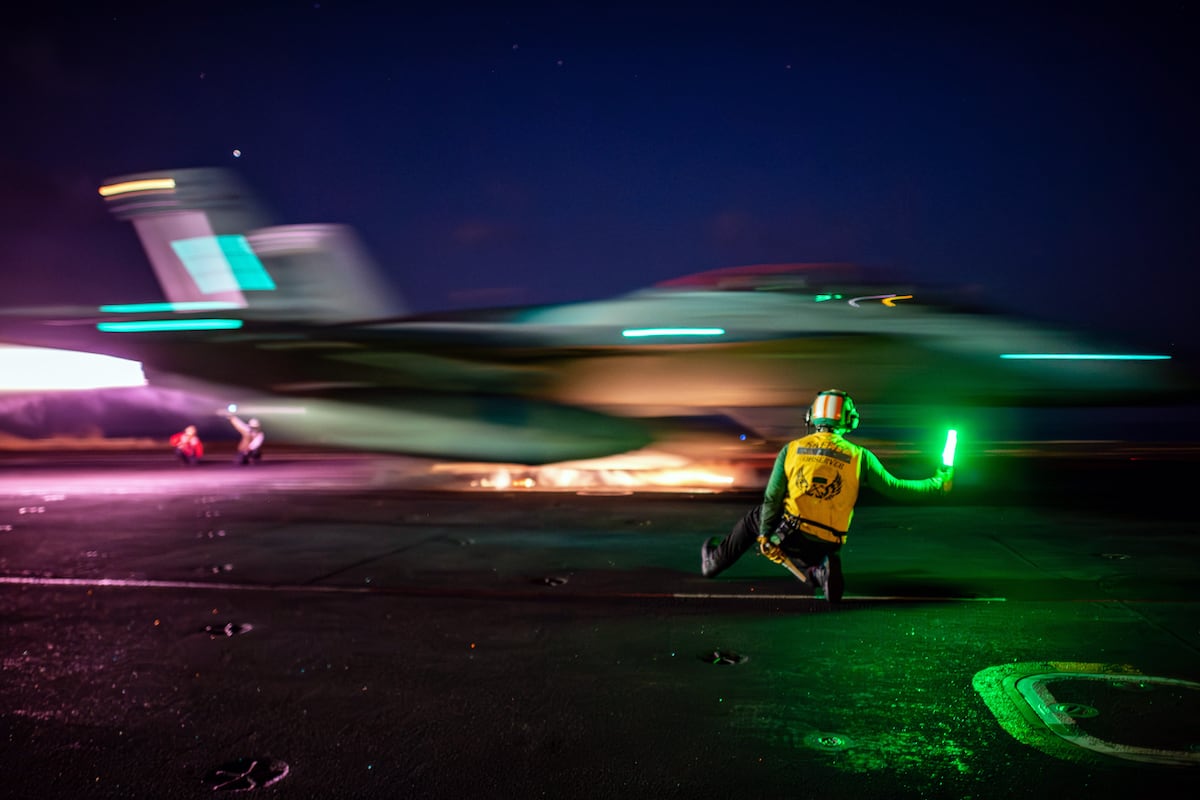
News
September 16, 2025
Silent crashes: the hidden toll of brain trauma on naval aviators
Lawmakers are investigating whether the Navy ignored evidence of widespread traumatic brain injuries. For some pilots, the questions feel long overdue.
**Silent Crashes: The Hidden Toll of Brain Trauma on Naval Aviators**
Washington, D.C. – A growing chorus of concern is echoing through the halls of Congress as lawmakers delve into allegations that the U.S. Navy may have overlooked or downplayed the prevalence of traumatic brain injuries (TBIs) among its aviators. For many pilots who have experienced the debilitating effects of these “silent crashes,” the investigation feels like a long-awaited acknowledgment of a hidden crisis.
The investigation centers on the possibility that the demanding conditions of naval aviation, including high-G maneuvers, repeated head impacts during landings, and exposure to explosive blasts, are contributing to a significantly higher rate of TBIs than previously recognized. Pilots have reported experiencing a range of symptoms, from persistent headaches and dizziness to memory loss, cognitive difficulties, and even personality changes. These issues can not only jeopardize their careers but also significantly impact their quality of life after service.
The current probe aims to determine whether the Navy adequately monitored and tracked potential TBIs among its pilots. Questions are being raised about the thoroughness of medical evaluations, the accessibility of specialized neurological care, and whether pilots felt pressured to downplay their symptoms for fear of being grounded or jeopardizing their career progression.
The investigation is particularly significant because TBIs can be difficult to diagnose, often manifesting with subtle symptoms that may be dismissed as fatigue or stress. Furthermore, the cumulative effect of repeated minor head injuries can be just as damaging as a single, severe TBI. The insidious nature of these injuries makes early detection and intervention crucial.
For some naval aviators, the current scrutiny is a validation of their long-held concerns. They describe a culture where pushing through pain and prioritizing mission readiness often overshadows individual well-being. These pilots hope the investigation will lead to meaningful changes in how the Navy addresses the potential for TBIs, including improved screening protocols, increased access to specialized care, and a shift in culture that encourages pilots to prioritize their health without fear of reprisal. The outcome of the investigation could have far-reaching implications for the health and safety of naval aviators for years to come.
Washington, D.C. – A growing chorus of concern is echoing through the halls of Congress as lawmakers delve into allegations that the U.S. Navy may have overlooked or downplayed the prevalence of traumatic brain injuries (TBIs) among its aviators. For many pilots who have experienced the debilitating effects of these “silent crashes,” the investigation feels like a long-awaited acknowledgment of a hidden crisis.
The investigation centers on the possibility that the demanding conditions of naval aviation, including high-G maneuvers, repeated head impacts during landings, and exposure to explosive blasts, are contributing to a significantly higher rate of TBIs than previously recognized. Pilots have reported experiencing a range of symptoms, from persistent headaches and dizziness to memory loss, cognitive difficulties, and even personality changes. These issues can not only jeopardize their careers but also significantly impact their quality of life after service.
The current probe aims to determine whether the Navy adequately monitored and tracked potential TBIs among its pilots. Questions are being raised about the thoroughness of medical evaluations, the accessibility of specialized neurological care, and whether pilots felt pressured to downplay their symptoms for fear of being grounded or jeopardizing their career progression.
The investigation is particularly significant because TBIs can be difficult to diagnose, often manifesting with subtle symptoms that may be dismissed as fatigue or stress. Furthermore, the cumulative effect of repeated minor head injuries can be just as damaging as a single, severe TBI. The insidious nature of these injuries makes early detection and intervention crucial.
For some naval aviators, the current scrutiny is a validation of their long-held concerns. They describe a culture where pushing through pain and prioritizing mission readiness often overshadows individual well-being. These pilots hope the investigation will lead to meaningful changes in how the Navy addresses the potential for TBIs, including improved screening protocols, increased access to specialized care, and a shift in culture that encourages pilots to prioritize their health without fear of reprisal. The outcome of the investigation could have far-reaching implications for the health and safety of naval aviators for years to come.
Category:
World